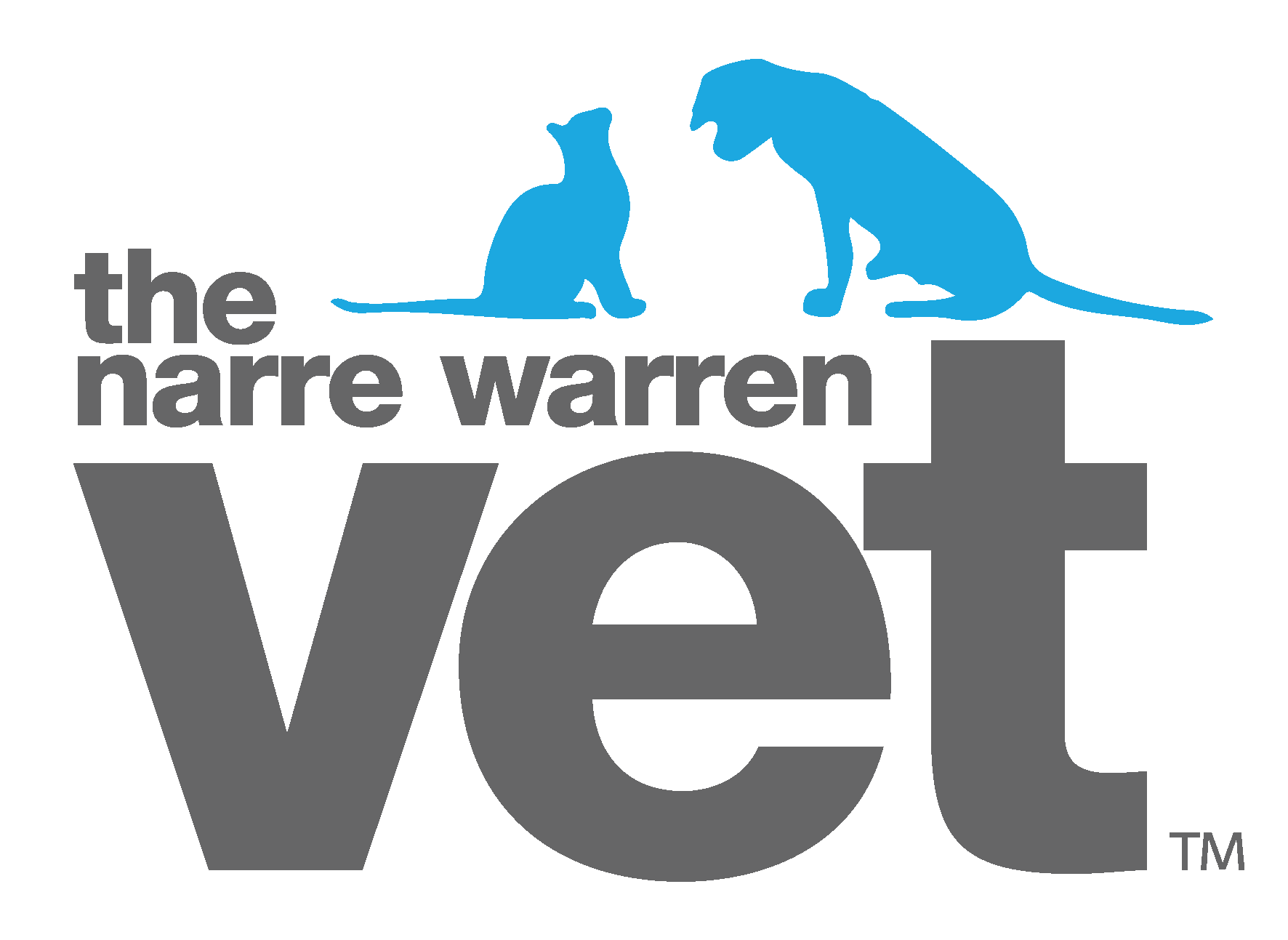
Puppy Preschool, also known as Puppy Kindergarten or puppy socialisation classes is a type of early training and socialisation program designed for young puppies.
Puppy preschool provides a safe and controlled environment for puppies to socialise with other dogs and people, learn basic commands and develop good behavioural habits. It’s an important step in a puppy’s early development to ensure they grow up to be well-adjusted, confident and obedient members of your family.
Here are some essential tips to get you started:
Start Early: Begin training as soon as you bring your puppy home. Puppies are most receptive to learning between 8 and 16 weeks of age.
Positive Reinforcement: Use positive reinforcement techniques like treats, praise, and toys to reward your puppy for good behaviour. Give them a pat under the chin (rather than above the head). This helps them associate positive outcomes with the behaviours you want to encourage.
Consistency: Be consistent in your commands, routines, and expectations. This helps your puppy understand what you want from them and reduces confusion.
Use Puppy Dry Food As Treats: Use part of their daily dry food intake as a reinforcement treat to help minimise excess calories.
Basic Commands: Teach fundamental commands like “sit,” “stay,” “come,” and “down.” These commands provide a foundation for more advanced training.
Short Sessions: Keep training sessions short, around 5 to 10 minutes, to maintain your puppy’s focus and prevent them from becoming overwhelmed.
Patience: Puppies are still learning and may not grasp commands immediately. Stay patient and avoid getting frustrated.
Socialisation: Introduce your puppy to various people, animals, environments, and experiences to ensure they become well-adjusted and less prone to fear or aggression.
Crate Training: Use positive methods to crate train your puppy, making the crate a comfortable and safe space. This aids in housebreaking and gives your pup a place to rest.
Regular Toilet Breaks: Take your puppy outside frequently, especially after eating, drinking, waking up, or playing. Praise them when they eliminate outdoors to reinforce the idea that it’s the right place to go.
Chew Toy Training: Puppies explore the world with their mouths. Provide appropriate chew toys to redirect their chewing behaviour away from furniture and other inappropriate items.
Leash Training: Introduce your puppy to a leash and collar early on. Start with short, positive leash experiences indoors before moving to outdoor walks.
No Punishment: Avoid punishment-based training methods, as they can create fear and anxiety in your puppy, leading to behavioural issues.
Distraction Management: Puppy-proof your home by removing hazards and keeping valuable or dangerous items out of reach. This prevents your pup from getting into trouble.
Training Environments: Begin training in a quiet, low-distraction environment, and gradually increase distractions as your puppy’s skills improve.
Seek Professional Help: If you encounter challenges or behaviours you’re unsure how to address, consider enlisting the help of a professional dog trainer or behaviorist.
Have fun and enjoy your new fur baby!
Remember that every puppy is unique, and training progress might vary. The goal is to build a strong bond with your puppy while helping them learn the rules and expectations of your household.
Did you know that FREE puppy school is included for all our Healthcare Plan members? https://narrevet.com.au/healthcare-plan/
